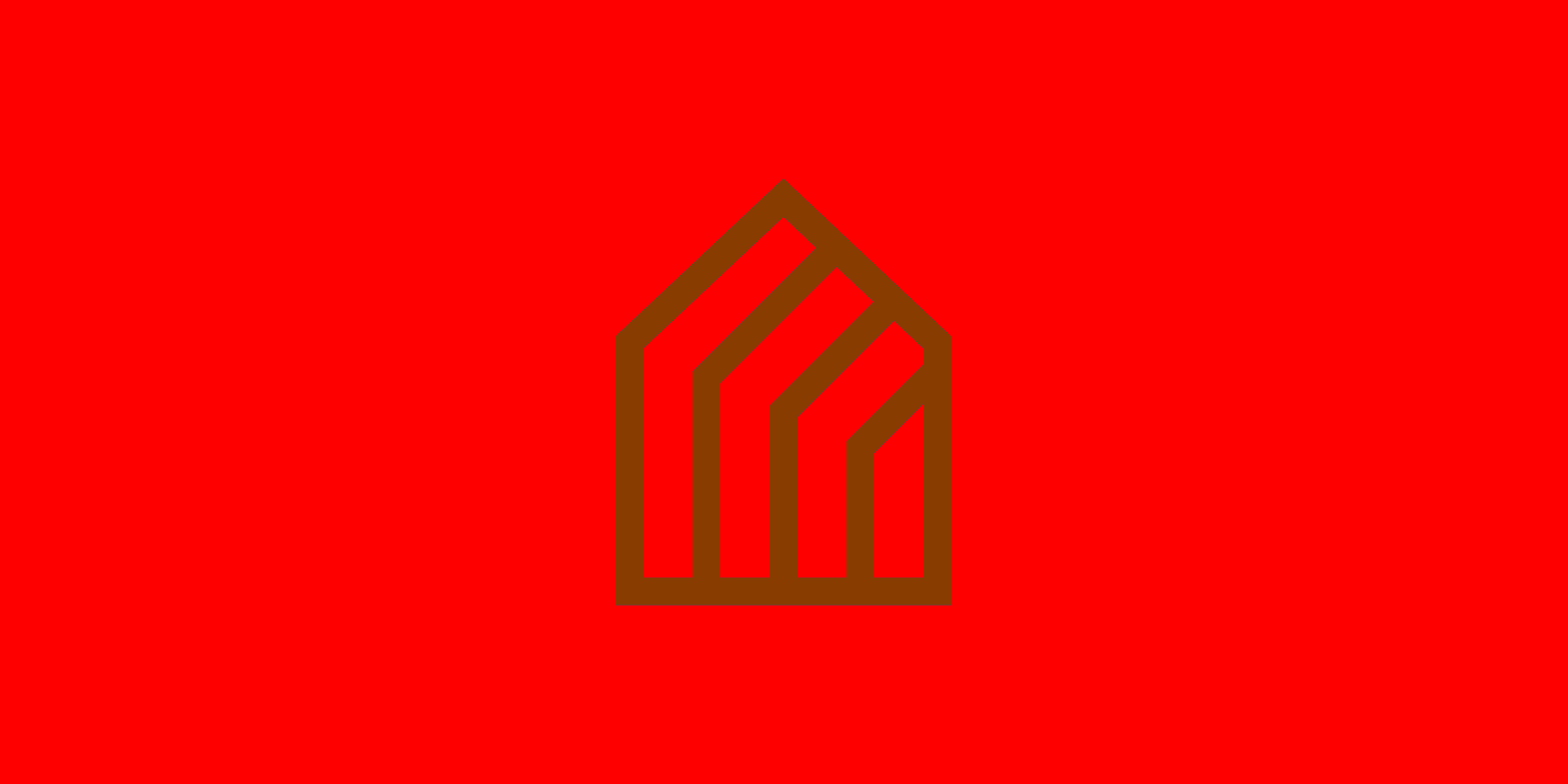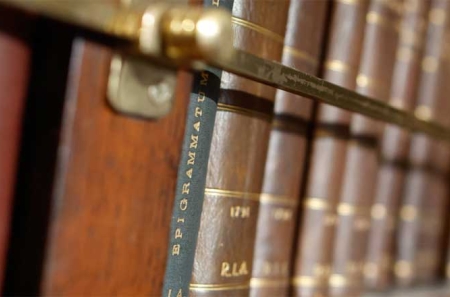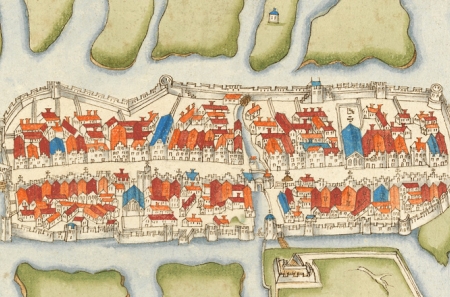‘Housing and home, global and local: where are we now?’
When
Thursday, November 21, 2019, 15:00 - 18:00Where
Tickets
This event has been cancelled due to circumstances beyond our control.
Our sincere apologies for the inconvenience caused. Ticket purchases shall be refunded.
'Predatory formations dressed in Wall Street suits and algorithmic math', Professor Saskia Sassen (Columbia University)
Abstract: Assemblages of complex types of knowledge and technologies—including algorithmic mathematics, law and accounting, and high-level logistics—have generated complex predatory formations. The complexity of these formations tends to camouflage their predatory character. Further, such formations are systemic in nature. They are not produced by an elementary seizure of power. Predatory formations are often beyond the reach of ordinary policy responses, in good part because they tend to assemble elements of separate domains into novel configurations. In fact we need new law that can encompass these formations. The focus here is on one of the more powerful and complex predatory formations, (high) finance. And the effort is to explain how even the most sophisticated financial instruments require certain elementary and brutal steps, resulting in highly degraded socio-economic outcomes.
Panel discussion
Ten years on from the global financial crisis, the panellists are invited to interrogate the system of land and housing markets, to offer explanations for how these have changed the understanding of housing as a place to call home.
This topic refers to the manifold challenges of housing provision in today's society and what its exchange and use at local and global levels is doing to how we realise and sustain a place to call home. Housing and home is no longer a stable or permanent social good that is accessible and affordable for all. Rather, for growing numbers it is the opposite, experienced as a near complete omni-crisis of insecure, unaffordable, bad housing and accompanying housing exclusion. A critical interrogation of our land and housing markets and system is needed to better explain how our understanding of housing as a place to call home is changed. The panel will place the experience of housing as crisis in international context and explore this lived reality where we are less masters in our own homes but more so subject to other forces. A decade on from events that revealed the role housing played in the global financial crisis, we ask where are we now?
Keynote speaker and panellist:
-
Professor Saskia Sassen (Columbia University). Saskia Sassen is the Robert S. Lynd Professor of Sociology and Member, The Committee on Global Thought, Columbia University (www.saskiasassen.com). Her new book is Expulsions: Brutality and Complexity in the Global Economy (Harvard University Press 2014) now out in 15 languages. Recent books are Territory, Authority, Rights: From Medieval to Global Assemblages ( Princeton University Press 2008), A Sociology of Globalization (W.W.Norton 2007), and the 5th fully updated edition of Cities in a World Economy (Sage 2018). Among older books are The Global City (Princeton University Press 1991/2001), and Guests and Aliens (New Press 1999). Her books are translated into over 20 languages. She is the recipient of diverse awards and mentions, including multiple doctor honoris causa, named lectures, and being selected as one of the top global thinkers on diverse lists. Most recently she was awarded the Principe de Asturias 2013 Prize in the Social Sciences and made a member of the Royal Academy of the Sciences of Netherland.
Other panellists: academic experts with international and also national perspectives who will make contributions on global/generic as well as national/specific aspects of housing.
-
Professor Manuel B. Aalbers (University of Leuven)—Manuel B. Aalbers is the coordinator of the Real Estate/Financial Complex research project. He is trained as a human geographer, sociologist and urban planner and is currently associate professor of Social and Economic Geography at KU Leuven / University of Leuven (Belgium). Previously, Aalbers held positions at the University of Amsterdam and Columbia University (New York) and was a guest researcher at New York University, City University New York, the University of Milan-Bicocca and at the University of Urbino (Italy).
His main research interest is in the intersection of real estate (including housing), finance and states. Aalbers has published on redlining, social and financial exclusion, neighbourhood change (including decline and gentrification), the privatization of social housing and the Anglophone hegemony in academia. He is the author of Place, Exclusion, and Mortgage Markets(Wiley-Blackwell, 2011) and The Financialization of Housing (Routledge, 2016) as well as the editor of Subprime Cities: The Political Economy of Mortgage Markets (Wiley-Blackwell, 2012).
-
Dr Mary Murphy (Maynooth University)—Dr Mary Murphy is Associate Professor in the Department of Sociology, Maynooth University, where her political sociology research interests include critical social policy, power and civil society, and gender. She previously worked for fifteen years as a campaigner and policy analyst representing a number of organisations on national policy institutions. From 2004-2007 she chaired the Housing Strategic Policy Committee of Dublin City Council and continues to research related issues. A key contributor to national debate on social policy she was a member of the National Expert Advisory group on Taxation and Social Welfare 2011-2014, a member of the Irish Human Rights and Equality Commission 2013-2017 and a member of the present Council of State. Widely published in key academic journals she recently co-edited The Irish Welfare State in the 21st Century (2016, Palgrave Macmillan).
-
Assoc. Professor Declan Redmond (University College Dublin)—Declan Redmond is Associate Professor of Housing and Planning in the School of Architecture, Planning and Environmental Policy at UCD. He teaches modules on Housing, Planning and Sustainability, the History of City Planning, Planning Methodologies and Planning Studio. His principal research interests revolve around housing and planning, urban regeneration, the politics and governance of planning and conservation policy and practice. He is currently involved in projects investigating the housing system and the mortgage crisis; conservation of the built heritage; planning and community gain and the participation of disadvantaged communities in the planning system.
Chair: Colette Browne—is a columnist with the Irish Independent who also regularly features on the panels of current affairs shows on TV and radio. Her columns largely focus on topical political, legal and social issues.
Registration will take place at 15:00. The event and live streaming will commence at 15:30. The 18:00 closing will be followed by a wine reception.
This event is sponsored by Dublin City Council.

Read our Data Protection Policy and our Eventbrite Transparency Statement in relation to handling of your data for booking this event.
Please read our Transparency notice in relation to the audio-visual recording, live sreaming and photography of this event.
Our Admissions Policy may be viewed here
Please note that this event is being live streamed latecomers and may not be admitted (please refer to our Admissions Policy).




